For about a year now, I have become more aware of the huge impact that one family can have on the world, in terms of waste and carbon emissions, and I have been determined to reduce mine as much as possible. After my first year studying Biology at university, I suddenly thought to myself that things had to change.
Looking back on it, I feels as though I had an epiphany of some sorts which made me think about the items I threw “away”, and that my eating meat (which almost seems unreal to me now) was having a detrimental effect on the planet and the animals which I had deluded myself about. I slowly started introducing ideas of ways to be eco-friendlier to my family, which thankfully, they were happy to adopt after learning more about the problems we face.
“Every time you spend money, you’re casting a vote for the kind of world you want” (Anna Lappé). I always think about this quote when it comes to reducing your carbon footprint, switching to zero waste alternatives, buying ethical clothes and consuming food. It is an incredible thought, that we, as consumers, have the power to change what huge corporations sell and advertise.
If no one wanted beef, the supermarkets wouldn’t sell it. We have so much power to influence the world’s problems and yet, one of the main excuses for not changing your lifestyle is “but what can one person do, really?” I used to think this. I used to think that what I did didn’t matter unless I had an army of people behind me doing the same thing. But having introduced countless changes to my family and friends, I now know that is far from the truth.
From changing to bamboo toothbrushes, I will prevent hundreds of plastic one’s going into the sea or landfill in my lifetime. From changing from cling film and foil to wax wraps, I have reduced the demand for those products (as even one person buys things regularly), prevented more plastic from entering oceans and prevented the need for making and then recycling the foil. Too often we think that if something is recyclable, the product is ‘environmentally friendly’. This couldn’t be more wrong.
Aluminum is completely recyclable, however, when it goes to the recycling centers they often don’t accept it because it has been contaminated with the food it was used to protect, and therefore ends up in a landfill. The production of aluminum also produces perfluorocarbons, which are greenhouse gases much more potent (successful at trapping heat) than carbon dioxide. By buying reusable mesh fruit and vegetable bags, I no longer need to use the plastic bags they provide at the supermarket.
Whilst you might look at those bags and think they aren’t too bad, because they say “100% biodegradable”, I would urge you to think again. Unless it tells you the duration of the time it takes to biodegrade, I wouldn’t trust this claim. It could take those bags years or even decades to actually, fully biodegrade, which is not what you think you are supporting when you choose to use those bags.
There are countless other products that I have stopped buying and replaced with reusable and eco-friendly alternatives. These include zero-waste deodorant, reusable makeup wipes, reusable pads, zero waste natural toothpaste, shampoo bars, reusable wax wraps, and sandwich cloths, as well as buying all my dry food such as pasta, rice, oats and lentils from refill stations. All of these purchases have been more expensive than their disposable counterparts, and this is something that is controversial. For me, these products I have just listed should be more expensive. They are items that you can use over and over again, therefore have a longer lifetime than their one-use equivalents. But whilst they are more expensive in the short term, over the years and decades, you will spend so much less money on reusable items than disposable ones.
This is something that people may choose not to believe, instead of thinking in the moment that cling film is infinitely cheaper than wax wraps, and foil is much cheaper than a sandwich wrap. That may be true, but the cheapness of the item comes at a different price, which is the huge carbon footprint they have and the possibility of these items ending up in the oceans, killing sea life or birds. Personally, I would much rather pay more for an item I can keep for years, knowing I am not harming anything. But this is a topic that many people cannot/refuse to think about in the moment, but hopefully, if you’ve read this, it might change your mind.
Now, after talking about how some items should be more expensive, I can now talk about the items that definitely should not be more expensive than less eco-friendly alternatives. Supermarkets claim that they are doing all they can to reduce their plastic consumption. They’ve stopped providing plastic bags, they’ve added more loose fruit and vegetables, and claimed to have made a huge impact already. All these things are a great step, but the change that really needs to happen is the price.
Loose fruit and vegetables are a lot more expensive than ones wrapped in plastic, and this to me makes absolutely no sense. This is why many of my university friends cannot go plastic-free, even though they might want to. A 3 pack of peppers cost a bit over a pound, whereas buying three individually costs around £1.50 (Sainsbury’s). This is the reason why so many students, adults, and families choose not to go plastic-free, and it needs to be changed. If this resonates with you, email your supermarket right now!
Demand that they change the prices of items so that you can buy your food shopping plastic-free. It isn’t fair that going plastic-free has everything to do with how much money you have. Just like everything else the public has been demanding, supermarkets will have to change if enough people complain. That is how the world works!
So, if you want to go plastic-free but don’t have the capacity to right now, then take it into your own hands and email your supermarket.
From this article, I hope I will have inspired readers to change their consumption habits. I haven’t even touched on topics such as fast fashion and the meat and dairy industries, but those need a separate article! But from talking about zero waste, hopefully, I have convinced some people of the importance of trying. You might not be able to do everything, but that’s no excuse to give up or revert back. It is almost impossible in today’s society to go fully plastic free, which is something you have to accept when trying to reduce your plastic intake. Many products, unless you make it yourself, do not have zero waste alternatives, but as I said, you simply need to do all you can for the products you can, and it will make a huge difference.
This article was originally written by Anais Osborne and appeared on Impakter on November 4, 2019. You can read the full article on Impakter.


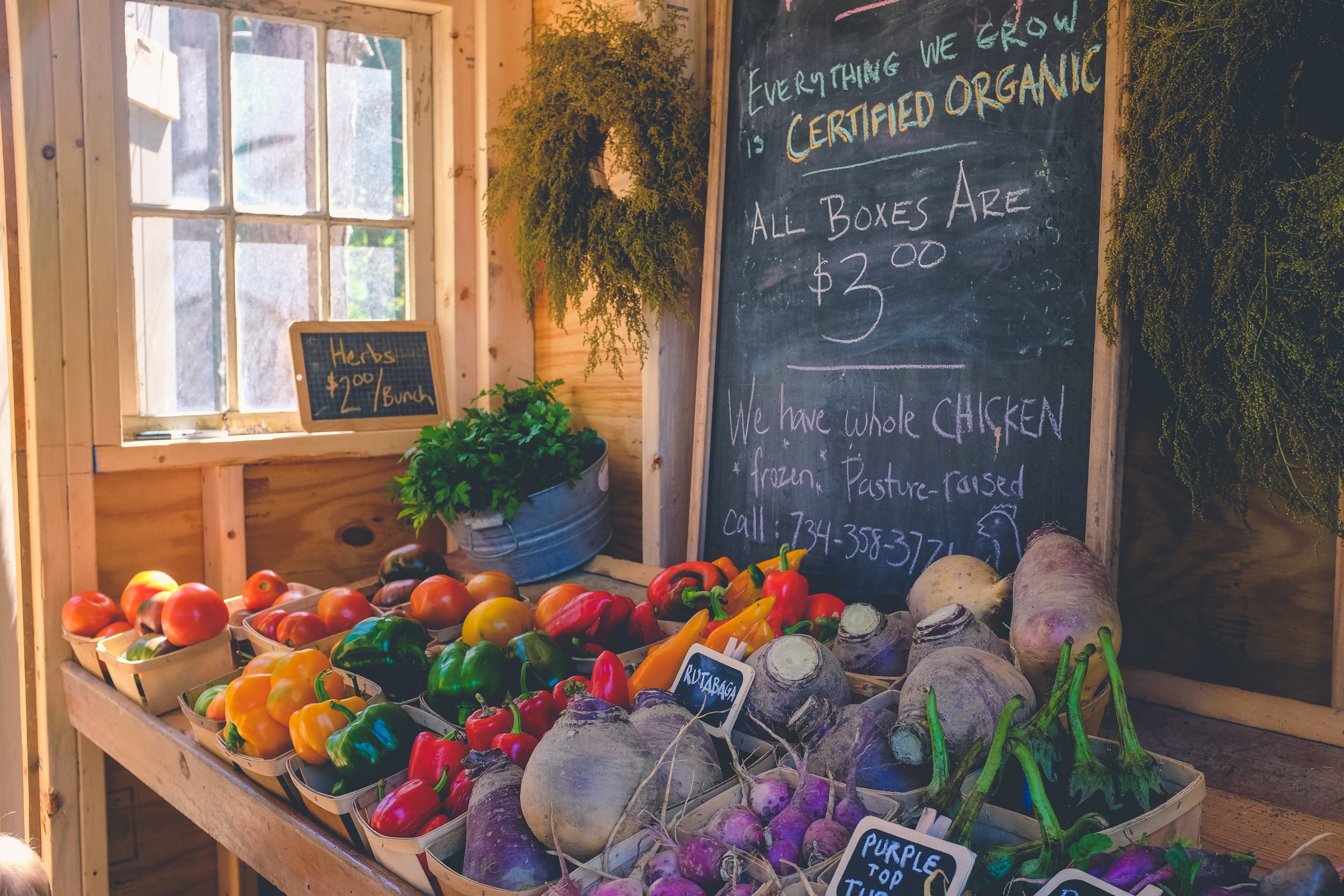
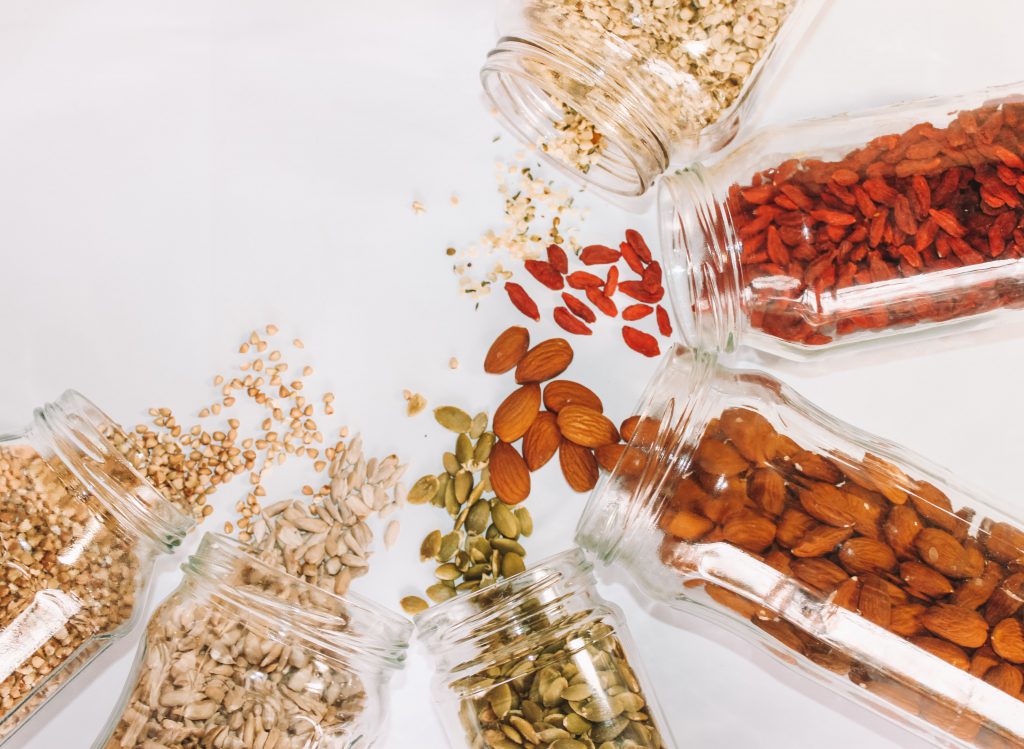
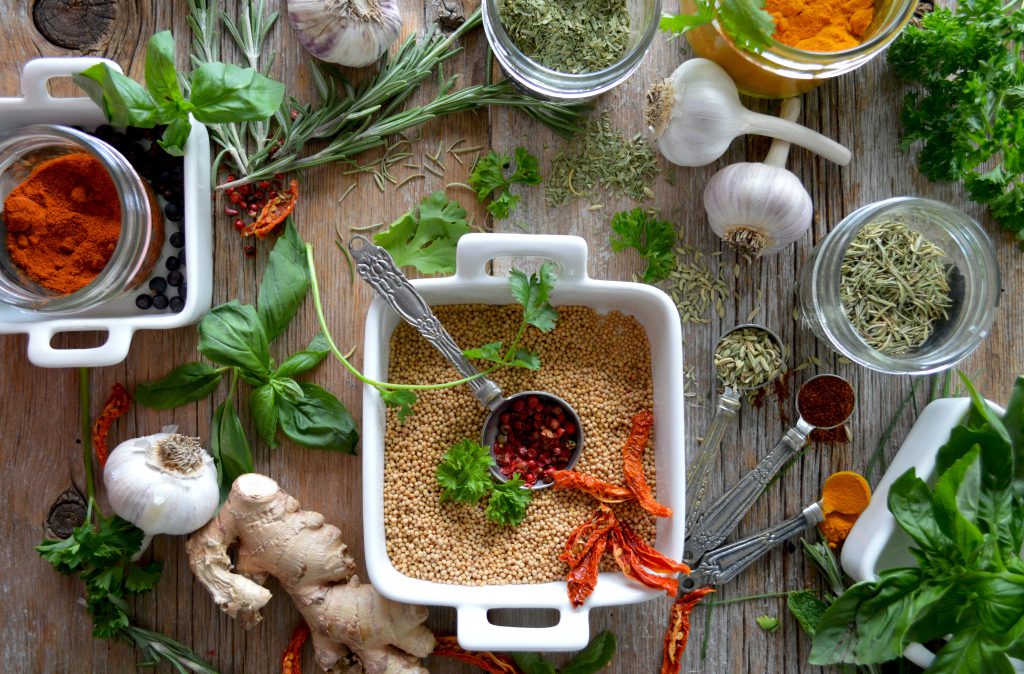
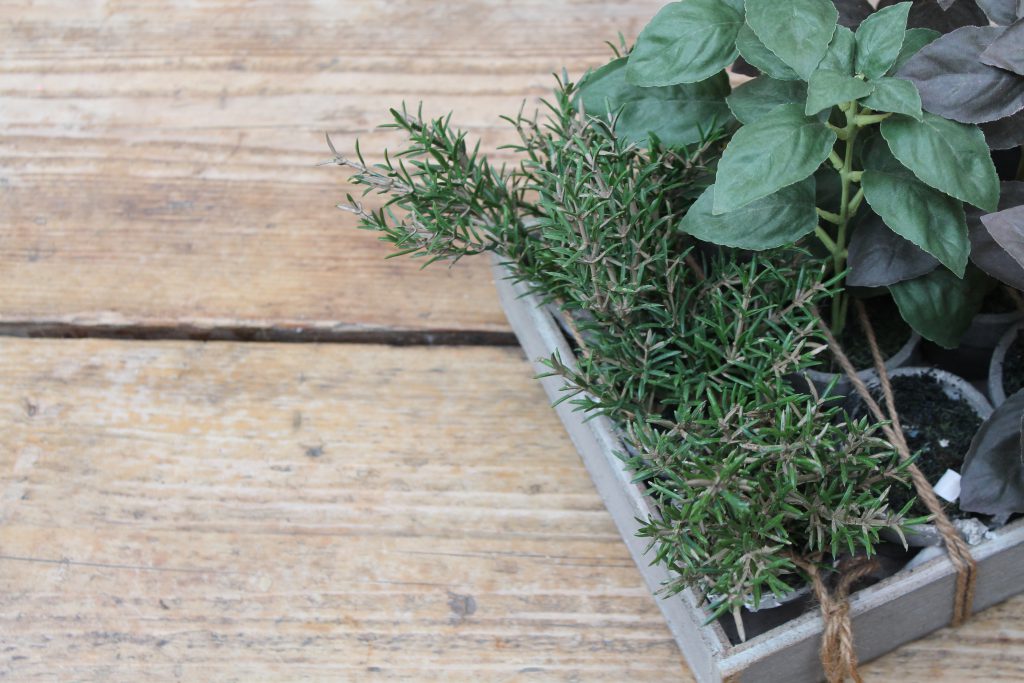
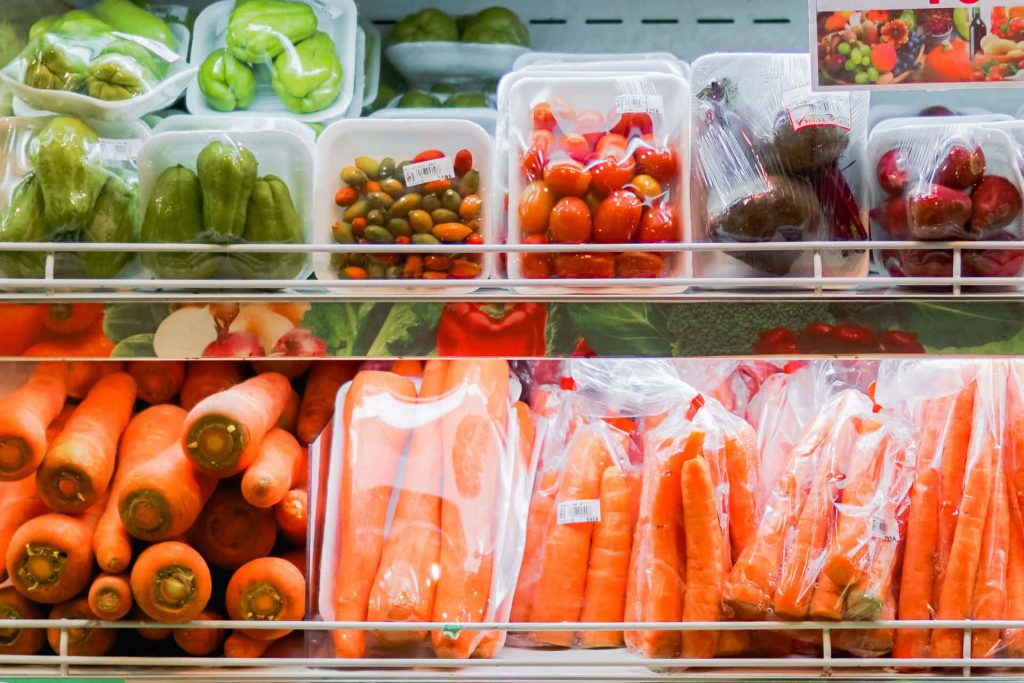
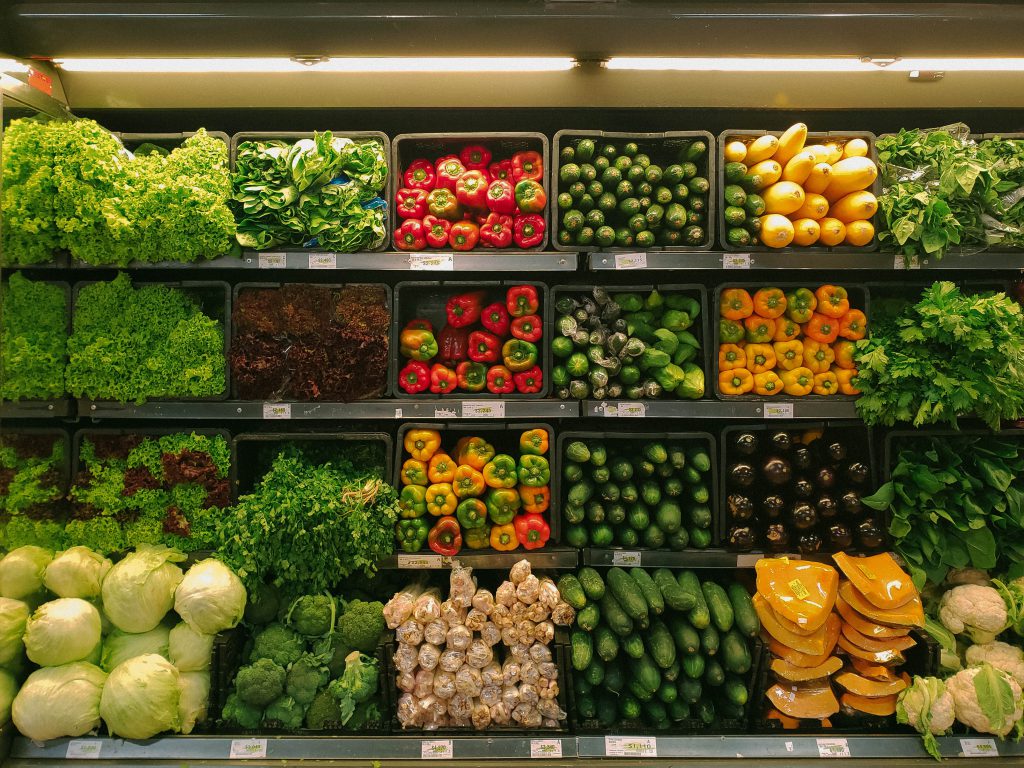
Leave a Reply